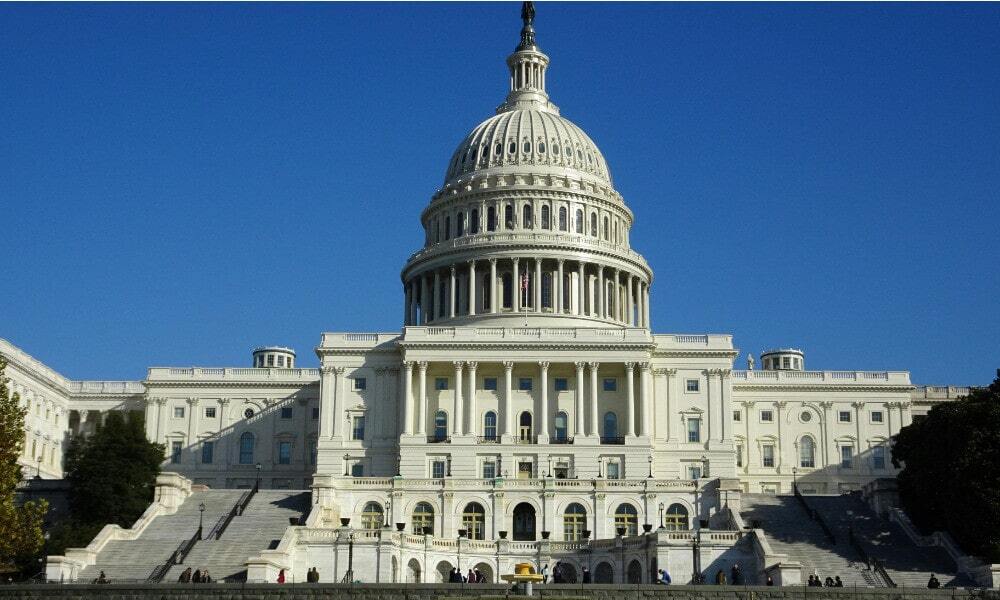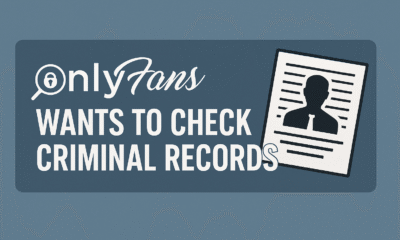News
Congress Passes ‘Take It Down Act’ to Combat Deepfake Pornography
The House is taking a step forward fighting non-consensual deepfake content.
A Unified Stand Against Digital Exploitation
The ‘Take It Down Act‘ garnered overwhelming bipartisan support, passing the House with a 409-2 vote. The legislation, previously approved unanimously by the Senate, now awaits President Donald Trump’s signature.
This act criminalizes the publication of sexually explicit images, both real and AI-generated, without the subject’s consent. It mandates that online platforms remove such content within 48 hours of a victim’s request to mitigate the emotional and reputational damage caused by these violations.
Senator Ted Cruz, one of the main supporters of the bill, said it was urgently needed. He pointed to the story of Elliston Berry, a teenager who was hurt when a classmate made and shared fake, sexual images of him online. Berry had a hard time getting the pictures taken down from social media, showing just how tough it can be for victims to get help and justice.
Melania Trump’s Support for the Bill
First Lady Melania Trump also played a big role in pushing for the bill, called the “Take It Down Act.” In a rare public appearance, she joined a meeting at the Capitol to speak in favor of it. She talked about how harmful fake and sexual online content can be, especially for teen girls.
She called the online world created by deepfake porn “toxic” and “deeply harmful,” and urged lawmakers to act fast to protect young people.
After the bill passed, Mrs. Trump thanked Congress for supporting it. She said the vote showed that the country is serious about protecting kids’ privacy, safety, and respect.
Implications for Online Platforms and Users
The “Take It Down Act” puts tough new rules on social media companies and websites. It tells them they have to take down sexual content that was shared without someone’s permission within 48 hours after they’re told about it. If they don’t, they could get into legal trouble. This shows that the government wants these platforms to take more responsibility for harmful content.
The law also says that anyone who shares fake sexual images of kids (called deepfakes) could be fined or even go to jail for up to three years.
Now that the “Take It Down Act” is officially a law, the focus is on how it will be enforced and how we can teach people to stay safe online. Supporters say it’s really important to spread the word and help people understand the risks of deepfake technology, and what victims can do if it happens to them.
Passing the law is a big step toward dealing with the problems caused by fast-moving tech. By making deepfake porn without consent illegal and holding websites responsible, the law hopes to make the internet safer. But for it to really work, it will need strong enforcement, good public education, and cooperation from everyone as technology keeps changing.












